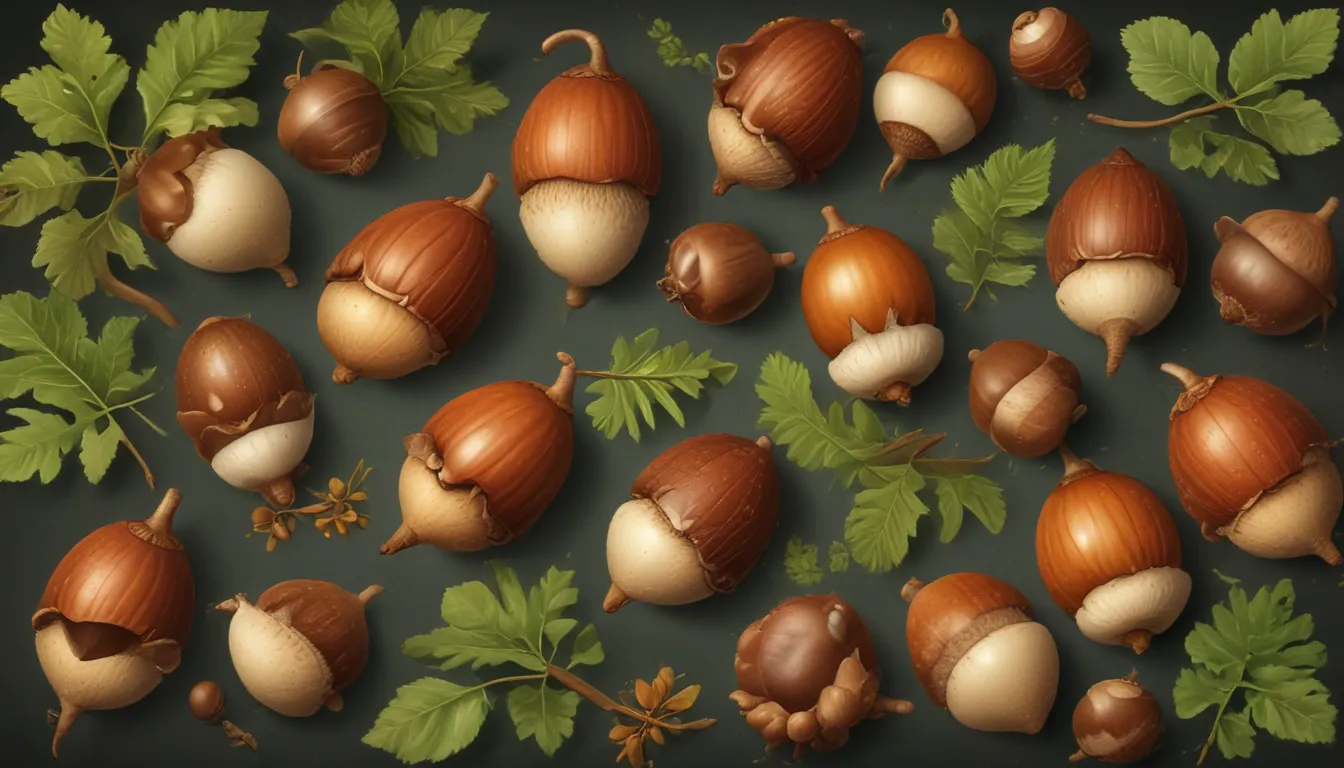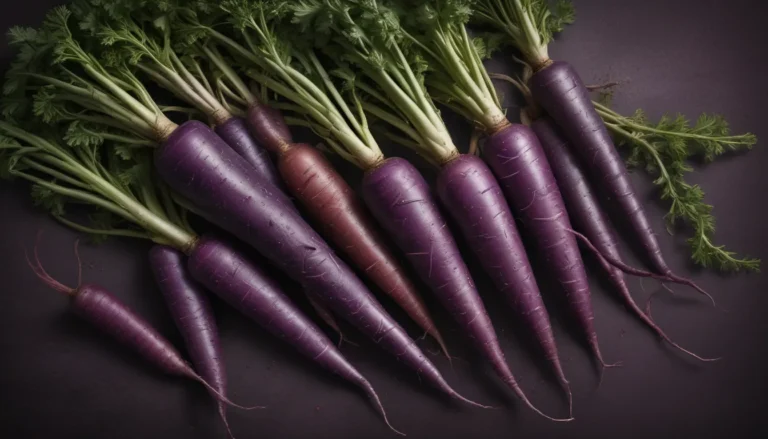The pictures in our articles might not always show exactly what the text is talking about. We use these images to make the article more interesting and eye-catching. They are there to add to the text, but not to replace it or show every detail.
Acorns are not merely tiny nuts that fall from oak trees; they hold a rich history and unique characteristics that make them truly fascinating. Whether you see them as a common annoyance during autumn walks or a potential ingredient for your next meal, there is so much more to learn about these humble nuts.
In this article, we will delve into 10 captivating facts about acorns that will leave you with a newfound appreciation for these small treasures. From their significance in wildlife conservation to their potential use in human cuisine, acorns have a remarkable story to tell.
So, let's embark on a journey to explore the lesser-known world of acorns, uncovering their secrets and shedding light on their importance. Get ready to be amazed by the versatility and significance of this often overlooked natural wonder.
Acorns: Nature’s Tiny Treasures
- Acorns are the seeds of oak trees: Acorns are the matured fruits of oak trees, belonging to the genus Quercus. They are typically small and round, with a distinctive cap covering the top.
- A Staple Food Through History: For centuries, acorns have been a significant source of sustenance for various indigenous communities. Native Americans, for instance, incorporated acorns into their diets due to their abundance and nutritional value.
- Nutrient Powerhouse: Despite their size, acorns are packed with essential nutrients. They contain healthy fats, fiber, carbohydrates, and a variety of vitamins and minerals, including vitamin E, potassium, and magnesium.
The Versatile Acorn
- Processing for Consumption: Raw acorns contain bitter tannins that need to be removed before consumption. Soaking, boiling, or leaching acorns can make them edible and enjoyable.
- Flour Power: Once processed, acorns can be ground into a fine flour. This gluten-free alternative can be used in baking, adding a nutty flavor to bread, cakes, and other recipes.
- Medicinal Purposes: Acorns have been utilized in traditional medicine for their purported anti-inflammatory, diuretic, and digestive properties.
Acorns in Nature and Culture
- Vital Food Source: Acorns play a crucial role in the ecological balance of oak woodland ecosystems, serving as a primary food source for squirrels, deer, birds, and other wildlife.
- Cultural Significance: Symbolically important in many cultures, acorns represent strength, prosperity, and resilience. They are often linked with oak trees, considered sacred in various mythologies.
- Arts and Crafts: Acorns offer creative possibilities in arts and crafts projects. They can be painted, glued, or strung together to create decorations, jewelry, and other artistic creations.
Embracing Acorns in Your Culinary Adventures
In conclusion, acorns are more than just small nuts found on the ground; they have a significant role in nature and culture. With their rich nutrients and unique flavor, they offer endless possibilities in the culinary world. From flour to oil, acorns can be a delightful addition to various dishes. So, the next time you come across an acorn, remember the fascinating facts we've shared and consider incorporating this humble nut into your next cooking endeavor.
Frequently Asked Questions
- Q: Are all acorns edible?
- A: While most acorns are edible, not all of them are palatable due to high tannin levels. Proper processing methods can help remove the bitterness.
- Q: Can I eat raw acorns?
- A: Raw acorns are not recommended due to toxic tannins. Ensure proper processing before consumption.
- Q: How do I process acorns for cooking?
- A: Remove shells and inner skins, soak or boil to leach tannins, then dry and grind for flour or other recipes.
- Q: What dishes can I make with acorns?
- A: Acorns can be used in bread, pancakes, cookies, soups, stews, and as a gluten-free alternative in baking.
- Q: Are there health benefits to eating acorns?
- A: Yes, acorns provide carbohydrates, protein, healthy fats, vitamins, and minerals for a nutritious diet.
Acorns may be small, but they hold a wealth of fascinating information! If you're intrigued by interesting facts, don't miss out on learning more about Sally Sonic, Scrat, or the captivating Esselen people. Explore these engaging articles to expand your knowledge and uncover new insights on a variety of enthralling topics.
Our Commitment to Quality Content
We are dedicated to providing trustworthy and engaging content that enriches your learning experience. Each fact on our site is contributed by real users like you, ensuring a diverse range of insights and information. Our team of editors rigorously reviews each submission to maintain the highest standards of accuracy and reliability. Trust in our commitment to quality and authenticity as you explore and learn with us.






